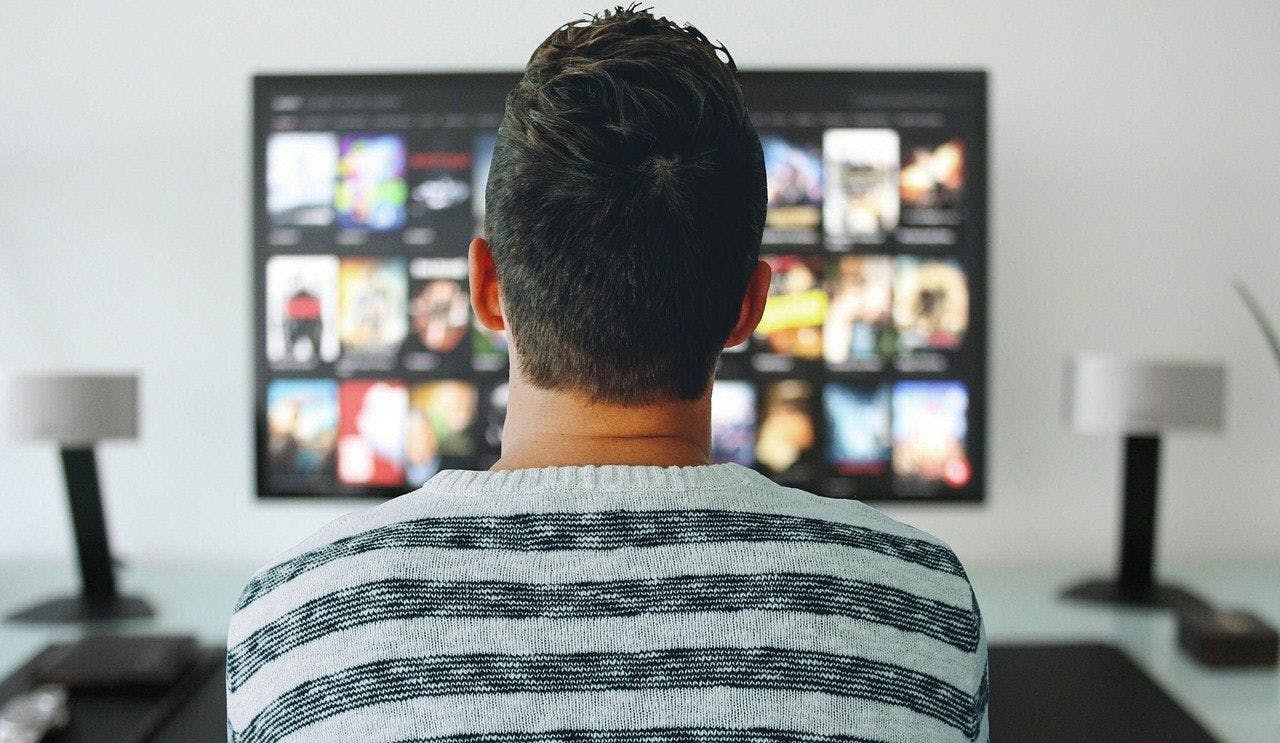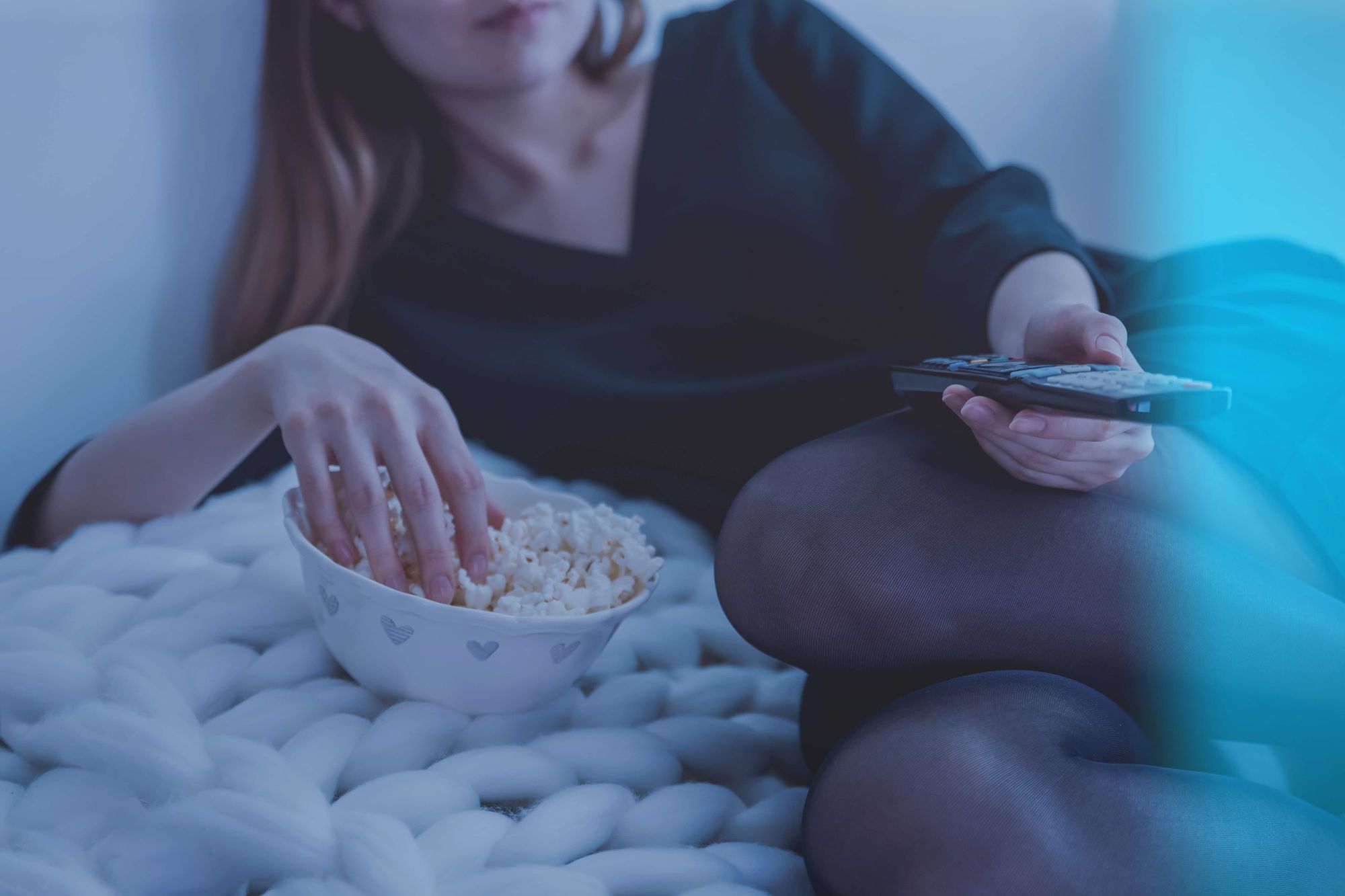The psychology behind watching post-apocalyptic films during a pandemic
updated on Sep 24, 2020

A new survey has revealed that one in four Brits has watched post-apocalyptic films during the pandemic
New data released by NOW TV reveals that Brits have been turning to apocalyptic, post-apocalyptic, and dystopian movies as a source of comfort and entertainment during the ongoing Covid pandemic. Popular films featuring end-of-the-world scenarios, along with cult classics like Minority Report and The World’s End have seen significant increases in users watching them during the past few months.
But why have so many of us been fascinated with end of the world scenarios unfolding on the small screen during these uncertain times?
Amidst the waves of local lockdowns across the country, 64% of Londoners have said that parts of the pandemic have felt like living through a post-apocalyptic film, whilst around half (50%) of Brits have said that films offering escapism through any genre have helped give them a sense of comfort.
To gain a better understanding of the psychology behind this trend, streaming platform NOW TV surveyed 2,000 people about their watching habits. Of those who took part, nearly a quarter (24%) admitted to watching films about major disasters, the end of the world, or the apocolypse as a way to ‘feel better’ about the current climate.
Of those who expressed that they enjoyed these types of films, three in four (72%) said that they had found lockdown ‘easy’ to cope with. It was also revealed that fans of these genres felt more mentally and emotionally resilient to the idea of a second wave (57%) than those who were not keen on the genre (42%).
With films including Pandemic, Outbreak, and 28 Days Later topping the toping our fave films to help us prepare for a disaster, why is it that so many of us have turned to watching films that are uncomfortably close to home?
Behavioural psychologist, Jo Hemmings, commented: “By watching apocalyptic movies and TV shows, viewers are able to anticipate the worst-case scenarios in their heads, a coping mechanism which helps them deal with the fear factor relating to COVID-19.
“Escapism, empathy and resonance allow people to diminish some of the negative emotions created by the pandemic, and instead focus on the experiences of characters facing the impact of world changing disasters, while also taking reassurance that it usually pans out well in the end.”

Escapism and empathy may not be the only reasons why these films appeal to us during tough times, though. When looking at the psychology behind why many of us love a similar genre - horror movies - other experts have suggested that watching such films can give viewers a greater sense of control.
As explained by professor of social and organisational psychology Dr Jeffrey Goldstein, “[They want horror films to] provide a just resolution in the end. The bad guy gets it. Even though they choose to watch these things, the images are still disturbing for many people. But people have the ability to pay attention as much or as little as they care to in order to control what effect it has on them, emotionally and otherwise.”
It could be argued that through watching everyday people survive through fictional pandemics, scientists pushing past the odds to find a cure just in time - all whilst still having time to save both family and humanity as a whole - we are in many ways allowing ourselves a glimpse into the future we hope is just around the corner.
Not one filled with zombies, scary government bodies, and airborne diseases (though, depending on your perspective, more than one of these may have already come to pass), but one where we can feel in control once more. Where uncertainty can be paused at any moment, experts are trusted, breakthrough is just around the corner, and the heroes always come out on top.
In a time where we don’t know when changes to how we work, travel, see friends and family, or even access education may come into effect, there is a heady sense of catharsis that can be achieved when we watch something that gets our heart rate going and our blood pumping - but that offers a definitive conclusion we can choose to walk away from.
These months stuck at home may have taken their toll on our mental health and relationships, increased our sense of loneliness and anxiety, and even led to many experiencing lockdown regret, but there are still many lessons we have learned during this time to help support (if not boost) our mental health and wellbeing.
No matter how tough and trying things may seem right now, it’s a testament to our shared strength and resilience that we are each finding our own ways to cope and even thrive, despite the uncertainty of what changes may come next.
If you are feeling worried or anxious about coronavirus right now, it’s important to know that you aren’t alone.
To find out more about navigating the pandemic and finding the help you need, check out these articles on coronavirus, or to find support for anxiety, visit Counselling Directory.

